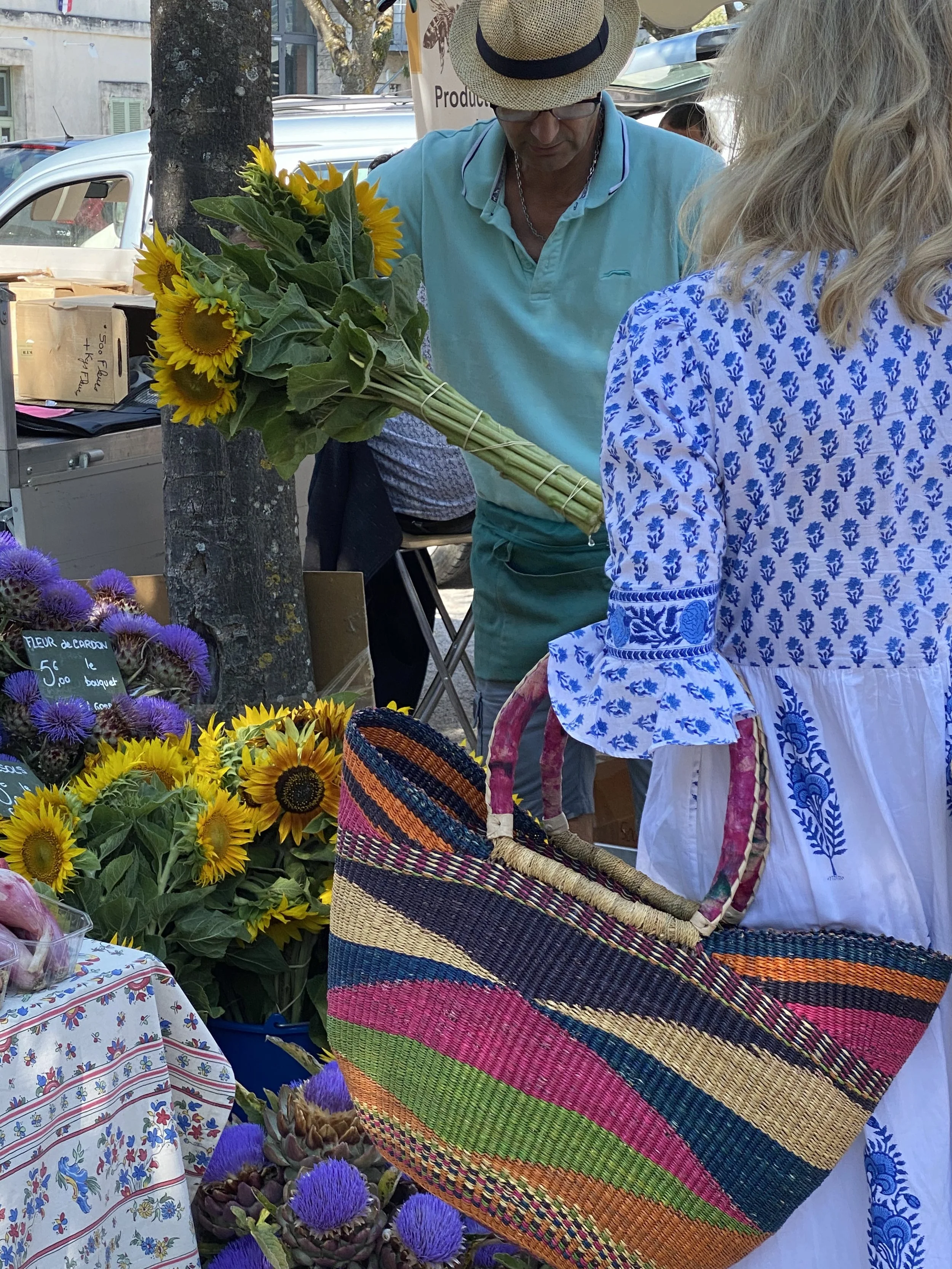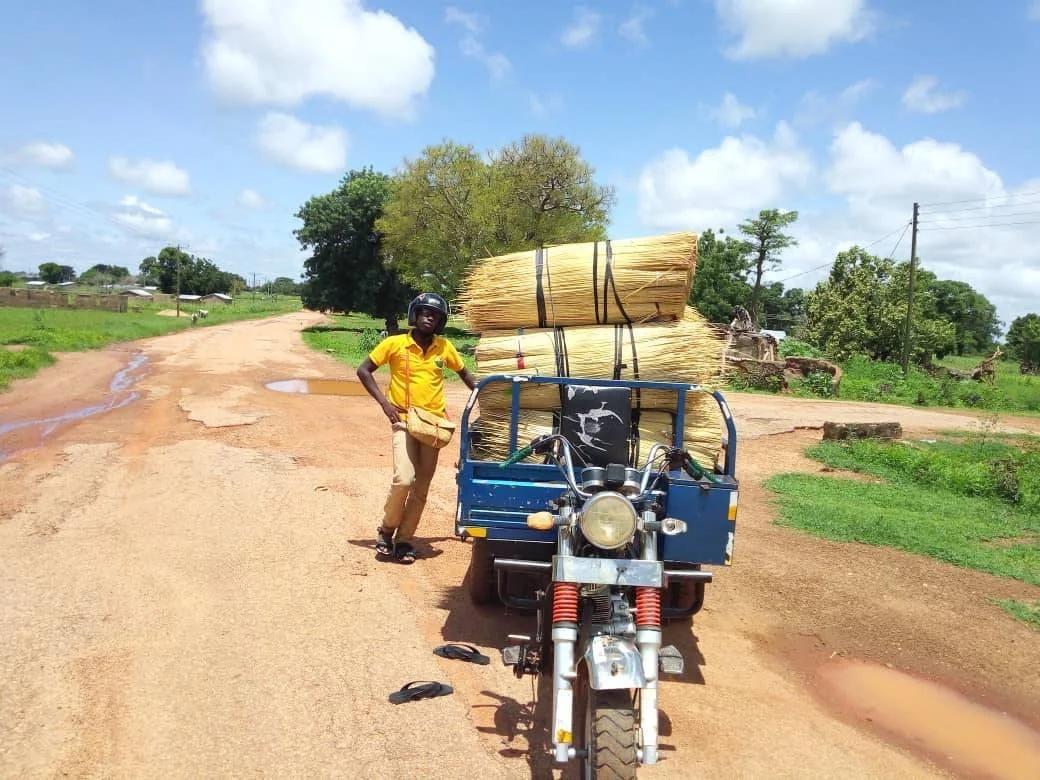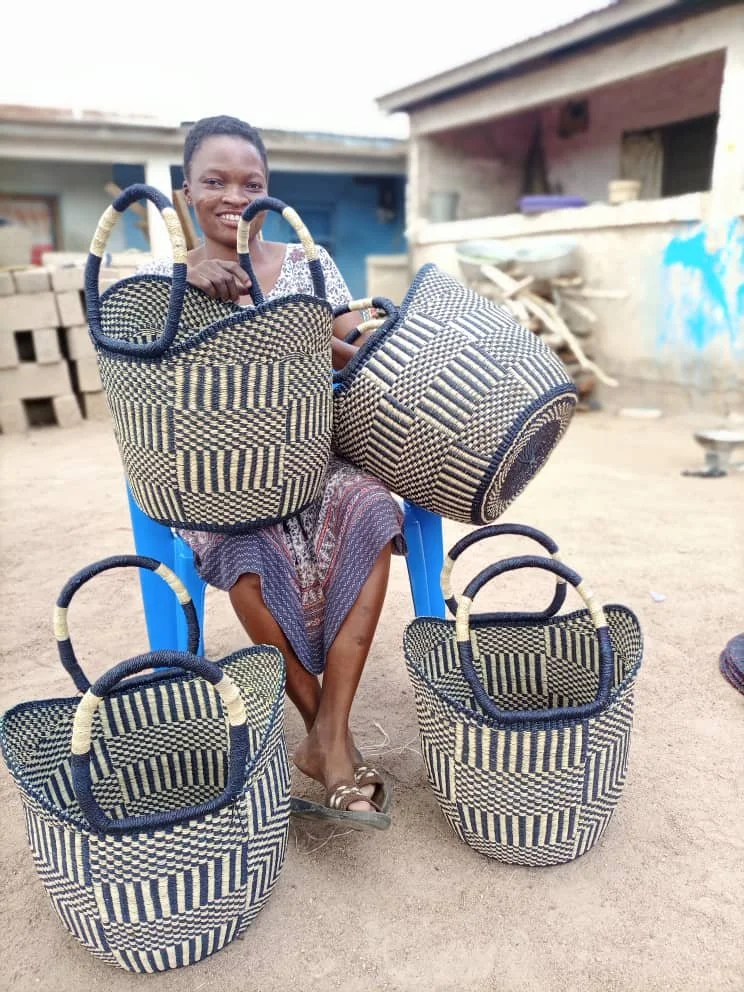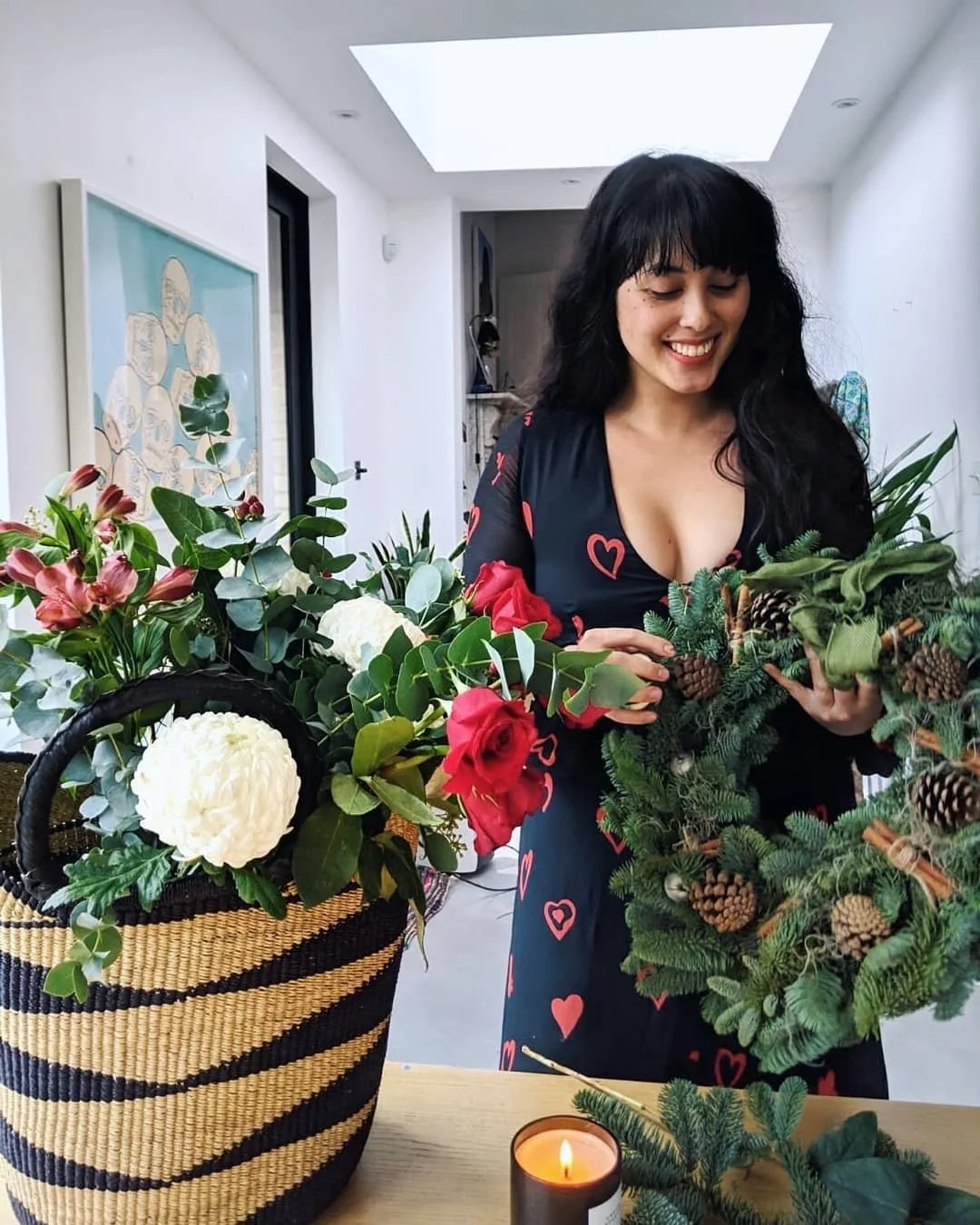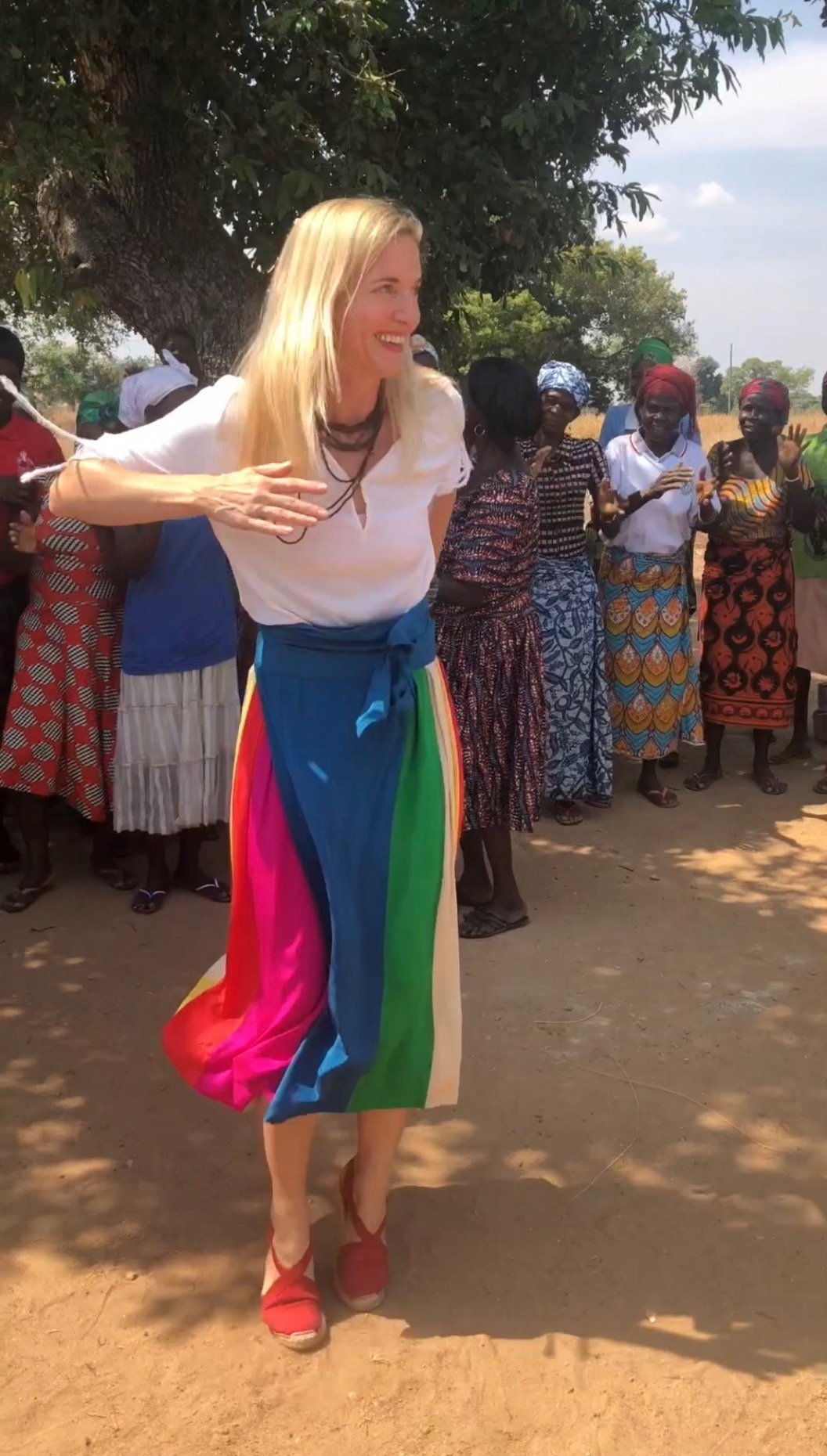Founder Series: Mmaa Social
In the boutique at Thyme, there are a few products which every guest is drawn to touch, pick up and ask a little more about. The Mmaa Social baskets and placemats are one of those items. There is something about them which is just special.
Deborah Brown started Mmaa Social having fallen in love with the baskets, the process and the talented women who craft them. Today, Mmaa Social provides sustainable income and social support to a community of entrepreneurial women, whereby members have access to financial literacy training, sexual and reproductive health education and business support programs.
“We believe that the ultimate luxury is knowing the provenance and meaning of these baskets. Not only do the baskets reflect generations of traditional handicraft, they also provide income and financial independence for rural women in a context where employment is scarce and most women engage in unpaid labour in the home or on family farms.”
Here we join Deb in conversation about her journey, the work of the inspiring collectives she collaborates with, and the story behind each and every piece.
Tell us about your first visit to Ghana?
It was love at first visit – the baskets, the weavers, the passion behind the project, the songs and the dancing! It is impossible not to be completely enchanted upon meeting Dorcas Apoore, the Founder of the Collectives, and the weavers themselves. I had no intention of setting up a social enterprise but, after meeting the first Collective in Sumbrungu, knew that we needed to share the baskets with the world and ensure the weavers would get the fair pay that they so deserved.
You have long been an advocate for girls’ education and the empowerment of women. What was the impetus behind this?
I travelled to Ghana with CAMFED, the Campaign for Female Education, which is a pan-African movement unlocking the potential of girls and young women from a context of rural poverty through education and leadership opportunities. I was working on a project in the far North of Ghana and had heard of a young woman – Dorcas - who had already set up her own NGO to promote fair income opportunities and social programmes for women in her community at risk of social exclusion.
I worked with CAMFED for several years after finishing my PhD at Cambridge and saw first-hand the profound impact that education had on girls’ and young women’s life prospects.For the past five years, I have also been teaching a course on the impact of social context on health and know how profoundly socioeconomic context impacts life outcomes.For me, it is a matter of social justice that people should be fairly paid and have the life prospects so many of us take for granted like education.
Tell us about the moment that sparked the idea of Mmaa?
The first visit to the Collectives sparked the idea of trying to bring the baskets to the UK. I remember telling Dorcas that the baskets belonged in Vogue. It would have been impossible to imagine then that less than three years later they would be in British Vogue with Emma Watson! Dorcas had set up the most incredible project that had the potential to create true change in her community and beyond but they didn’t yet have an international market which is where the idea for Mmaa arose.
The first twenty baskets arrived three months later and they were then extensively road tested for the next six months from the farm shop to the beach to the countryside to the city!They proved to be as robust as they are beautiful and we launched on my 40th birthday in April 2018.
Who are the women behind the baskets?
Mmaa means mother in the local dialect and the weavers are predominantly mothers and grandmothers themselves. ASIGE, Advocacy for Social Inclusion and Girls’ Education, is Dorcas’ NGO and she specifically looked to work with women that had previously been underpaid or were at risk of social exclusion due to extreme poverty or life circumstances such as disability or teenage pregnancy. The women come from different communities around Bolgatanga and are incredibly tight knit – coming together to weave and also help each other on their farms in the harvest season and to work on projects like the opening of a new school.
Each piece is carefully handcrafted by these female artisans on the border of Ghana and Burkina. How do the bags embody the artistic and cultural heritage of this area?
Weaving has been passed down from generation to generation in the area around Bolgatanga. The straw is locally sourced and dyed with vegetable based dyes in large cauldrons over open fire to achieve a kaleidoscope of colours. Many of the designs are traditional but they also have an incredible eye for innovation and dexterity at weaving new designs.
Tell us about the brand’s sustainability ethos.
Our brand is helping to change the industry for the better by putting our social mission at the very heart of our brand. We are committed to bridging the perception between sustainable fashion as charity and as high fashion. What originally felt as a tenuous balancing act between sustainability and fashion, is now second nature. We are proud to see that our loyal customers are committed to Mmaa for the difference it makes in communities AND in love with the baskets. We are trying to show that you can buy ethically and still have chic style that can get you from the school run to markets in Provence to the Cotswolds to a weekend in Pairs.
What are the biggest challenges for the communities you work with?
Poverty is endemic in the communities in the Upper East Region where the weavers work and live with very few prospects for paid work. Many of the women are illiterate and have had little if any education. Hunger is also an issue particularly in the “lean season” between harvests when food can be scarce. Although weaving is passed down from generation to generation, women often are exploited by middle men who would often pay less than a dollar per basket. The lack of pay meant that some of the women would have to go to cities to find work as street hawkers or porters, leaving their children behind and still often paid less than 5 cedis (about $1.25) a day.
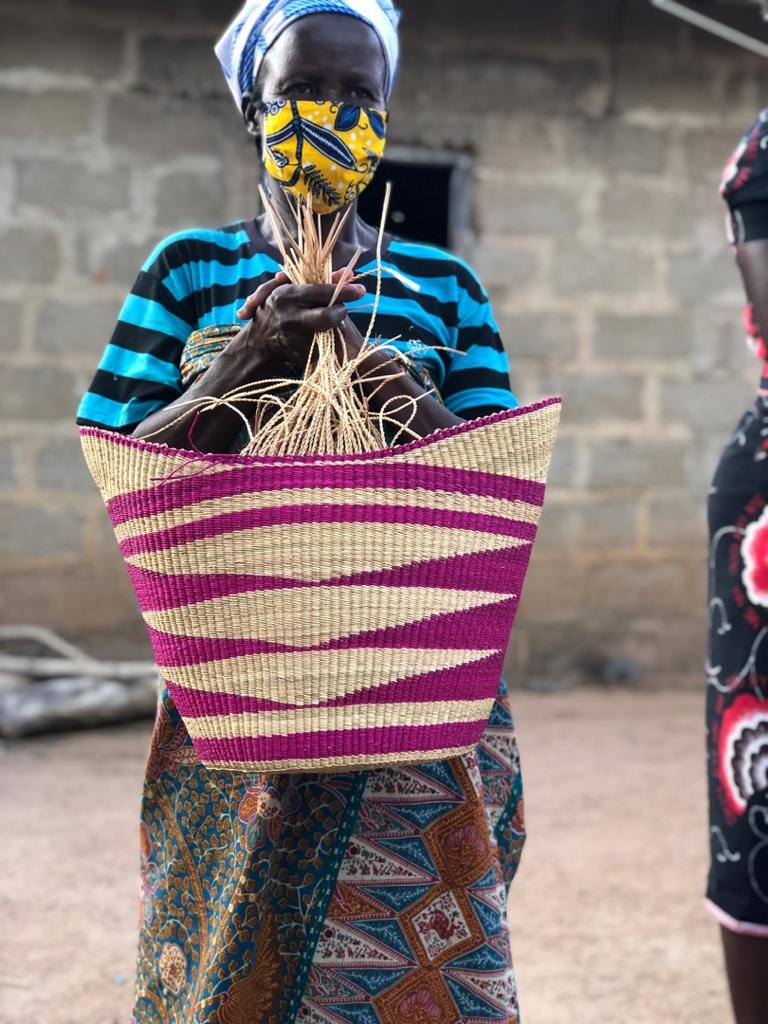
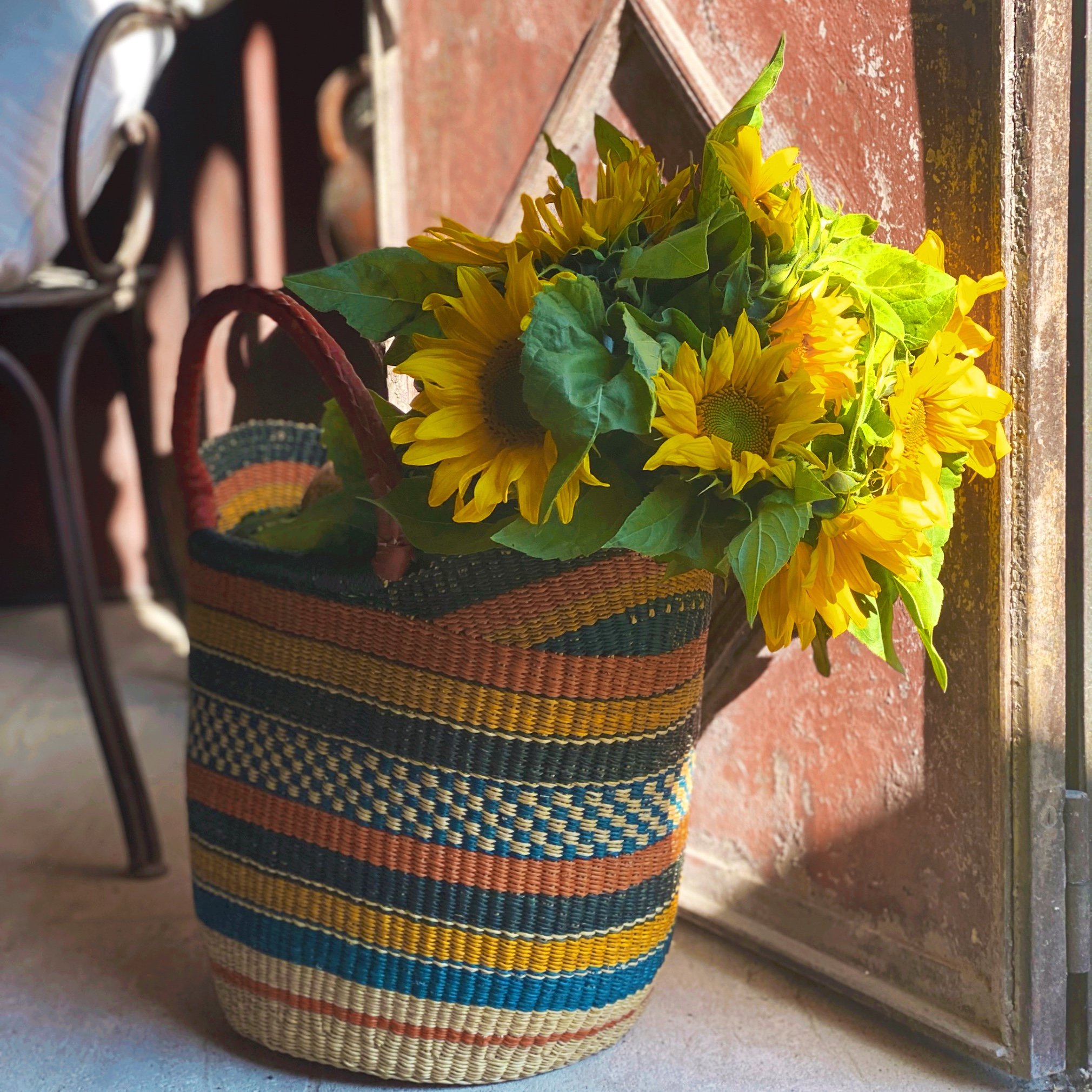
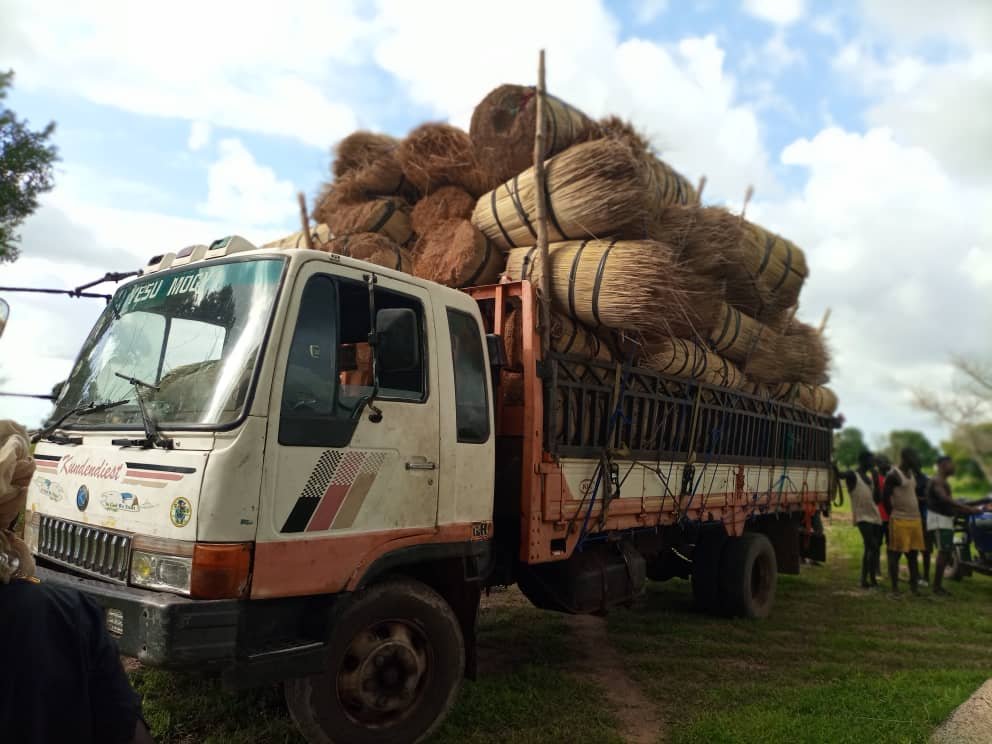
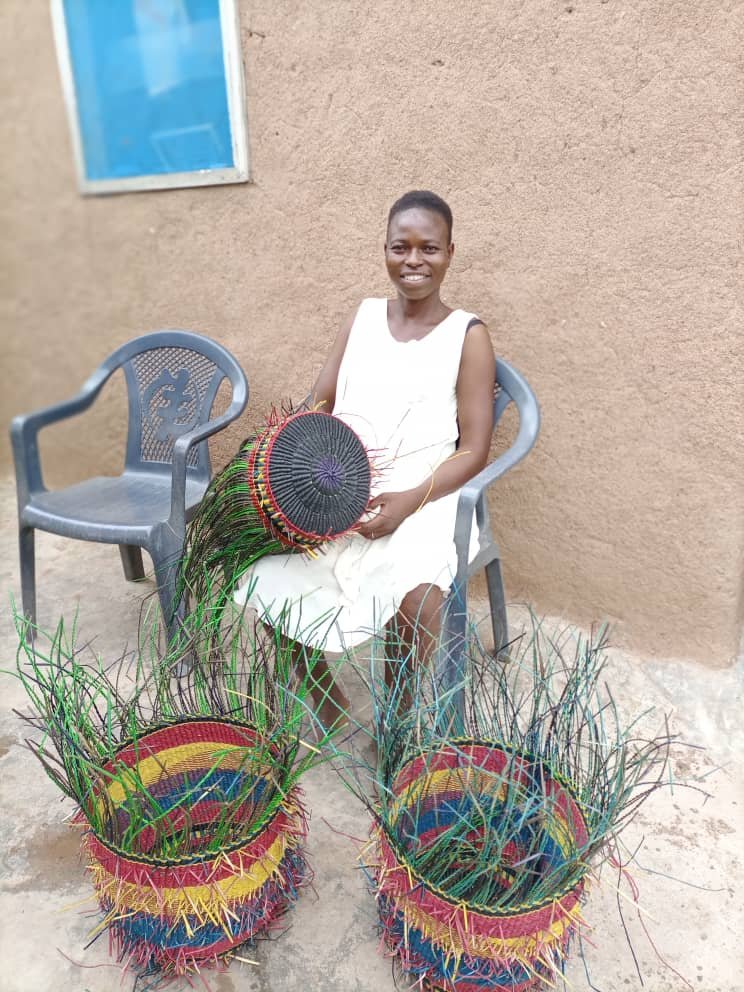
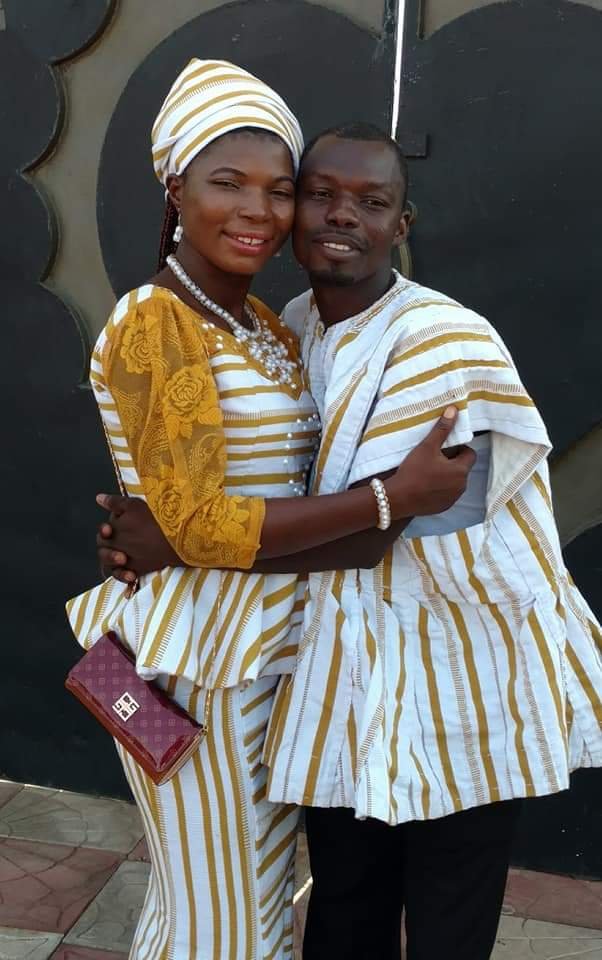
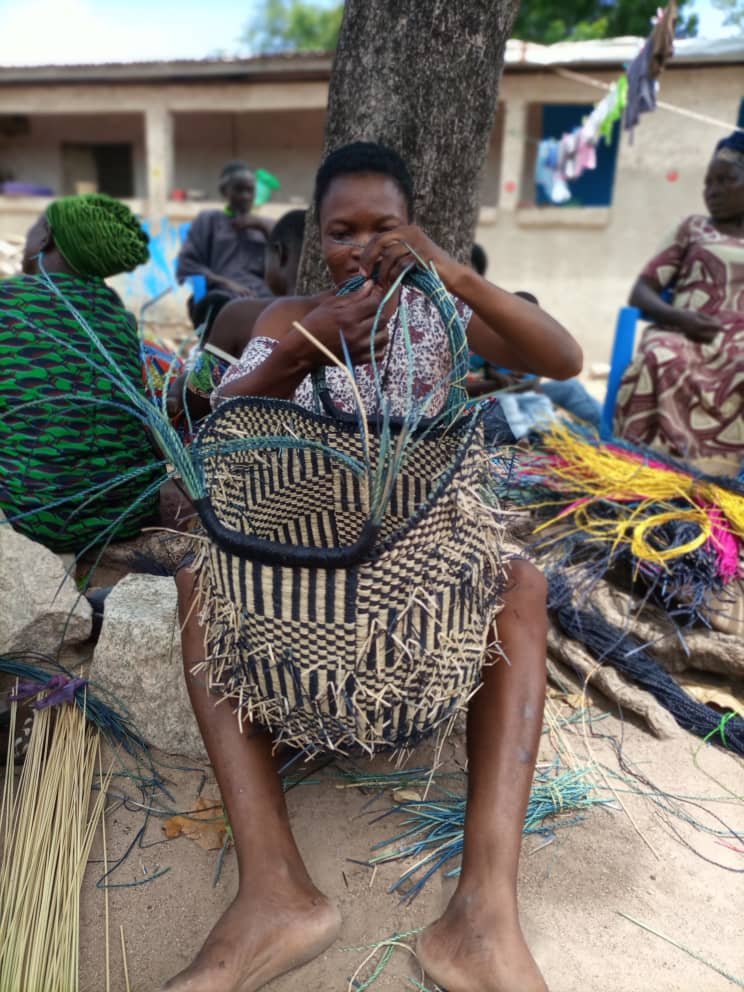
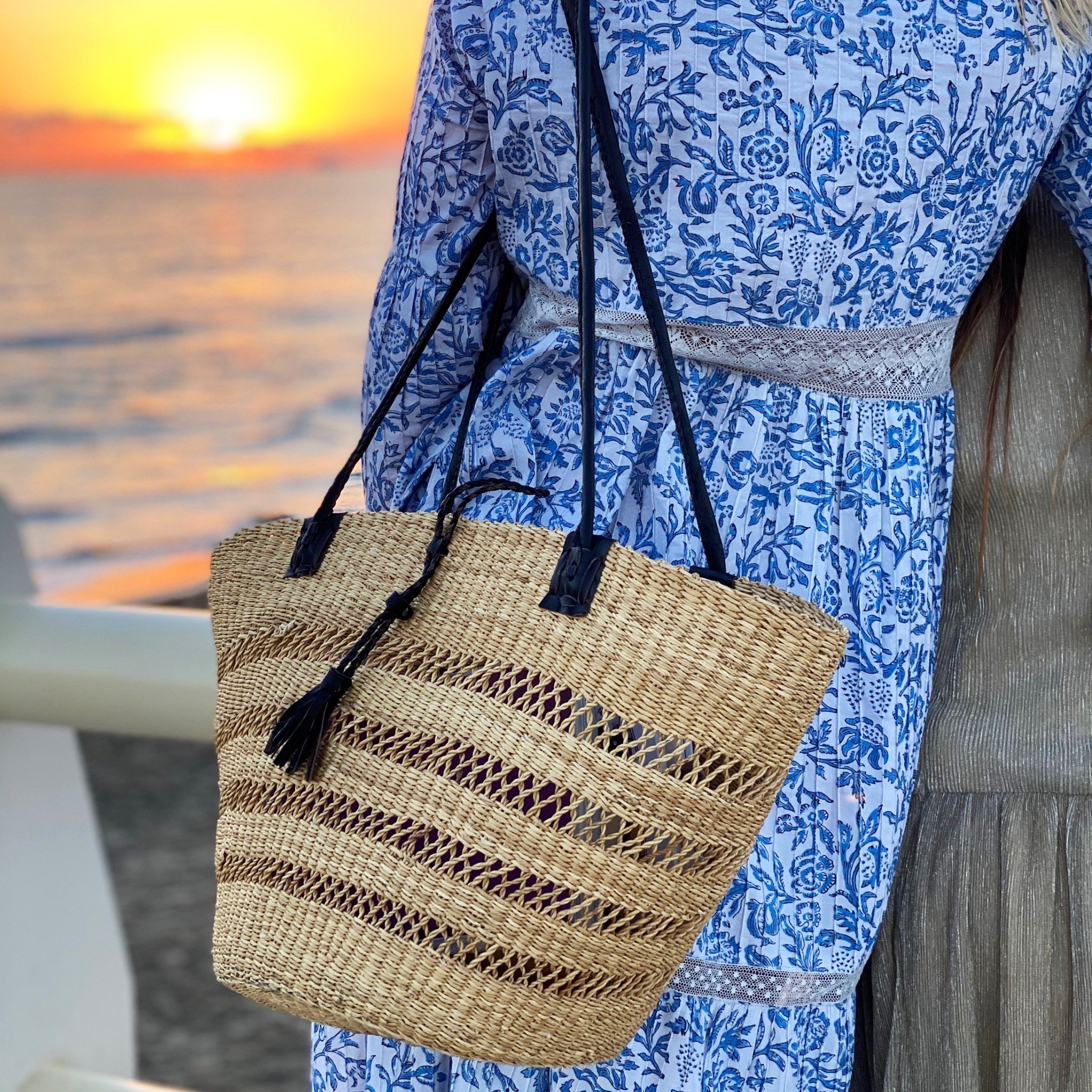
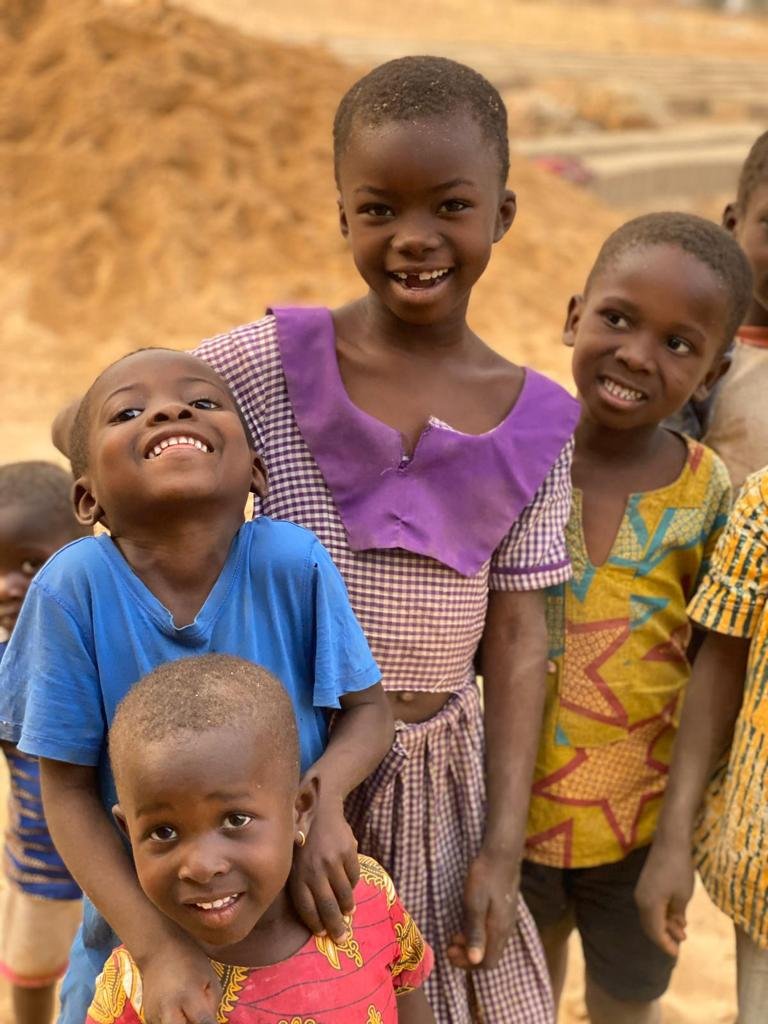
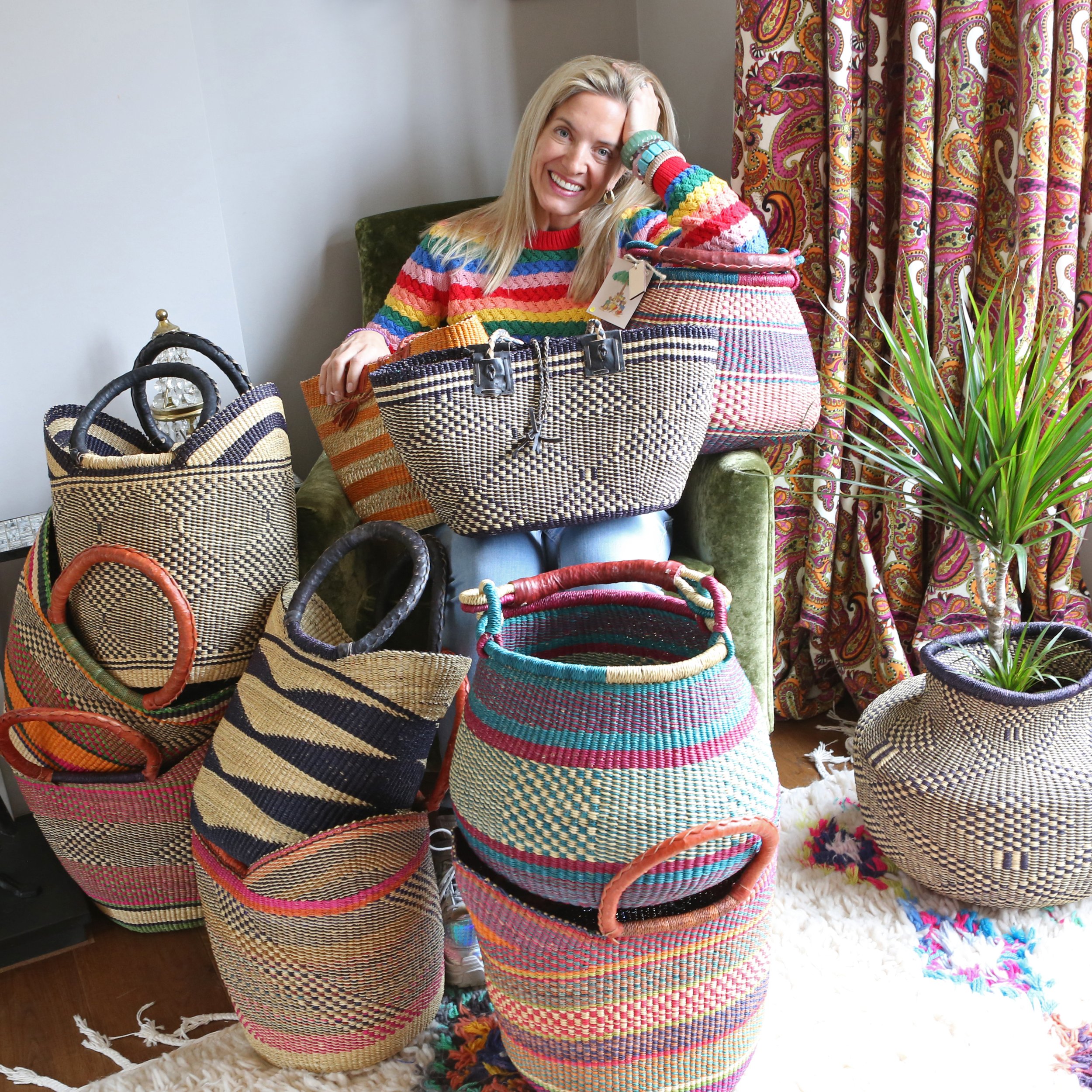
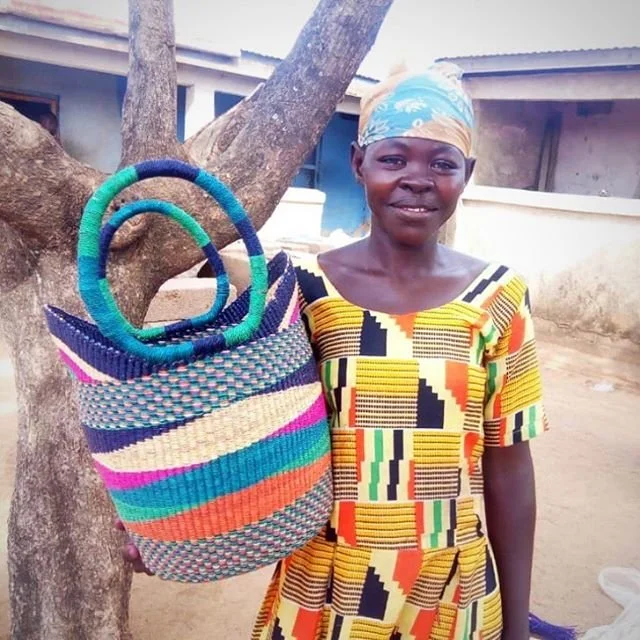
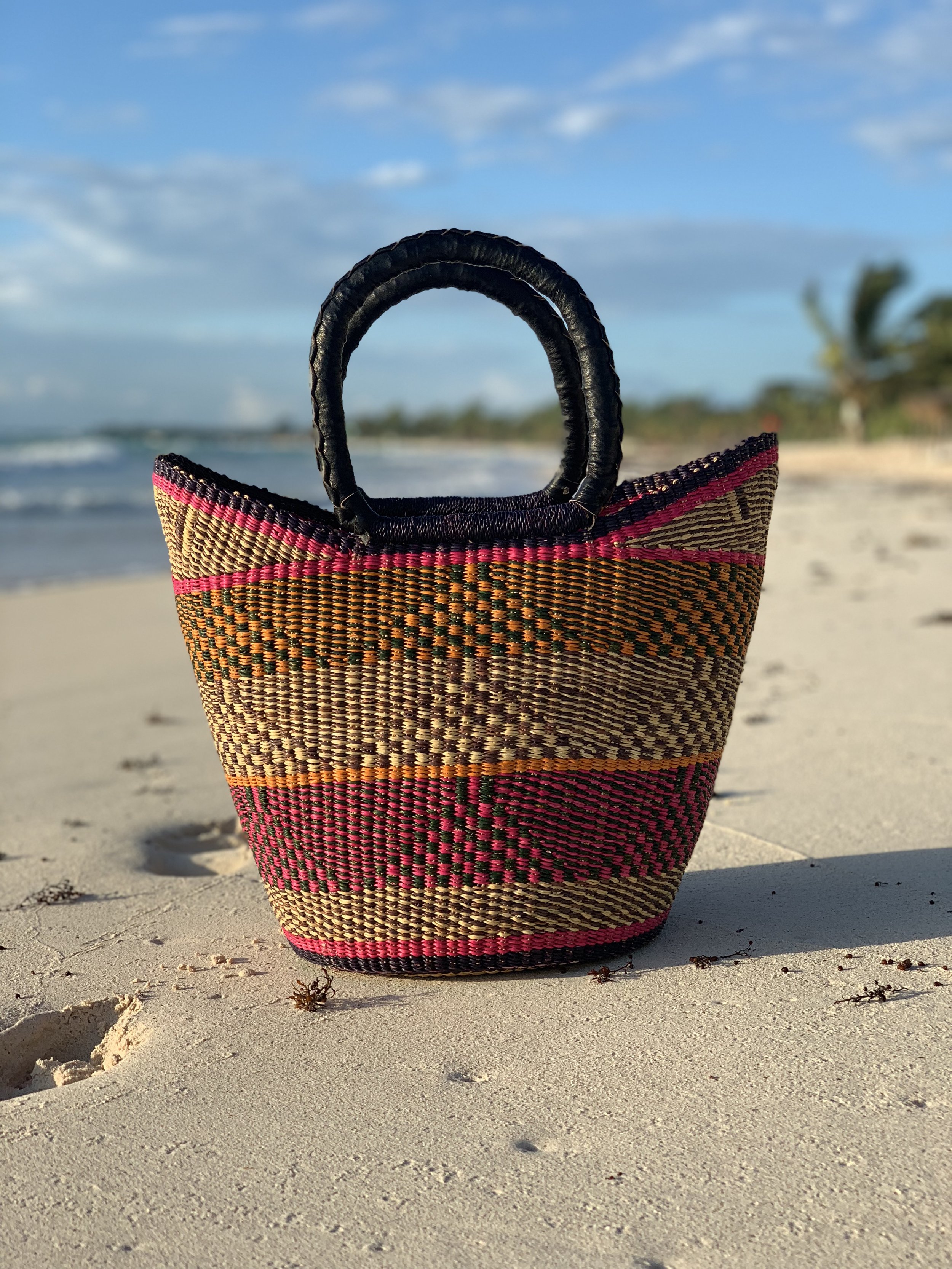
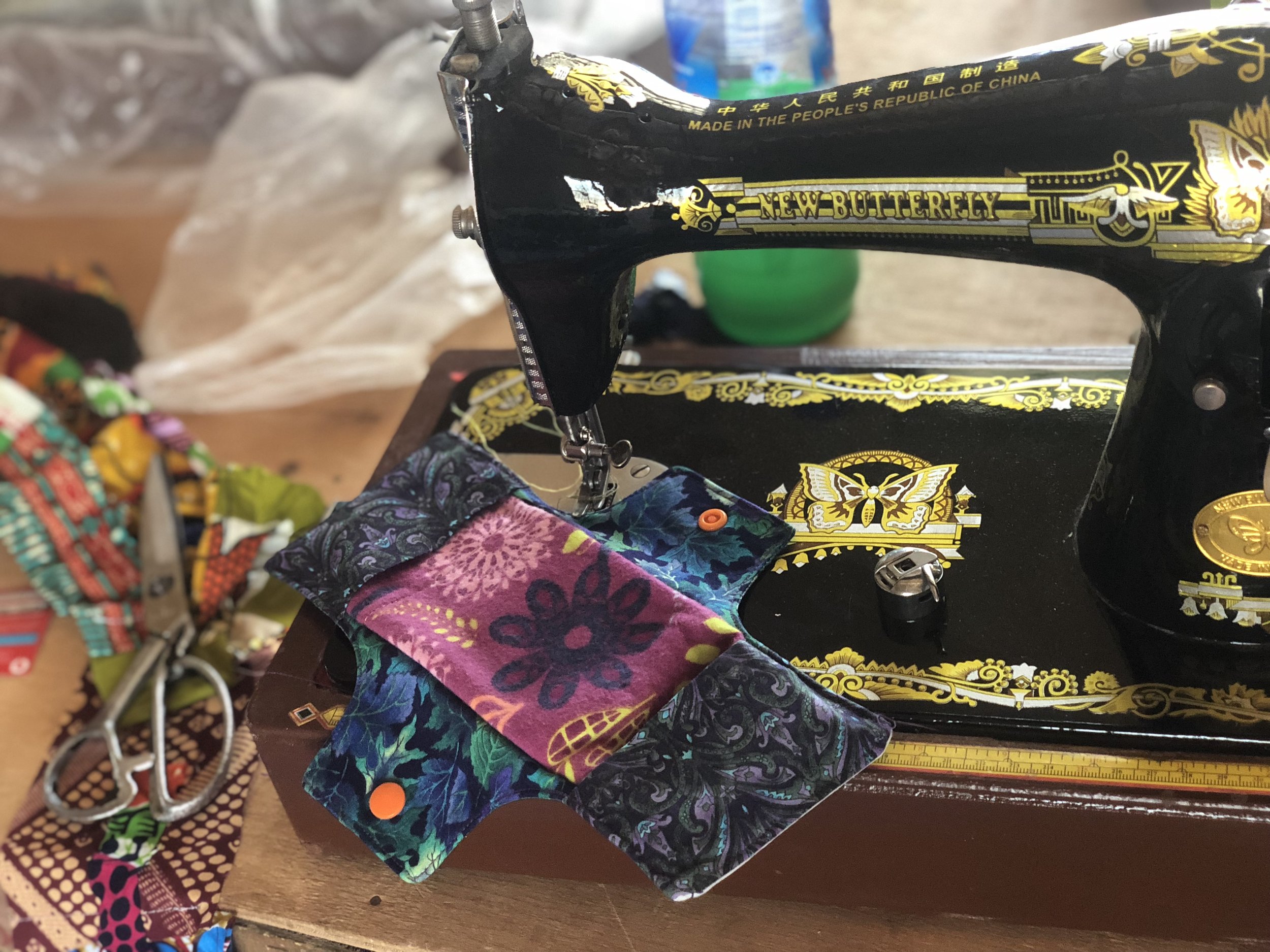
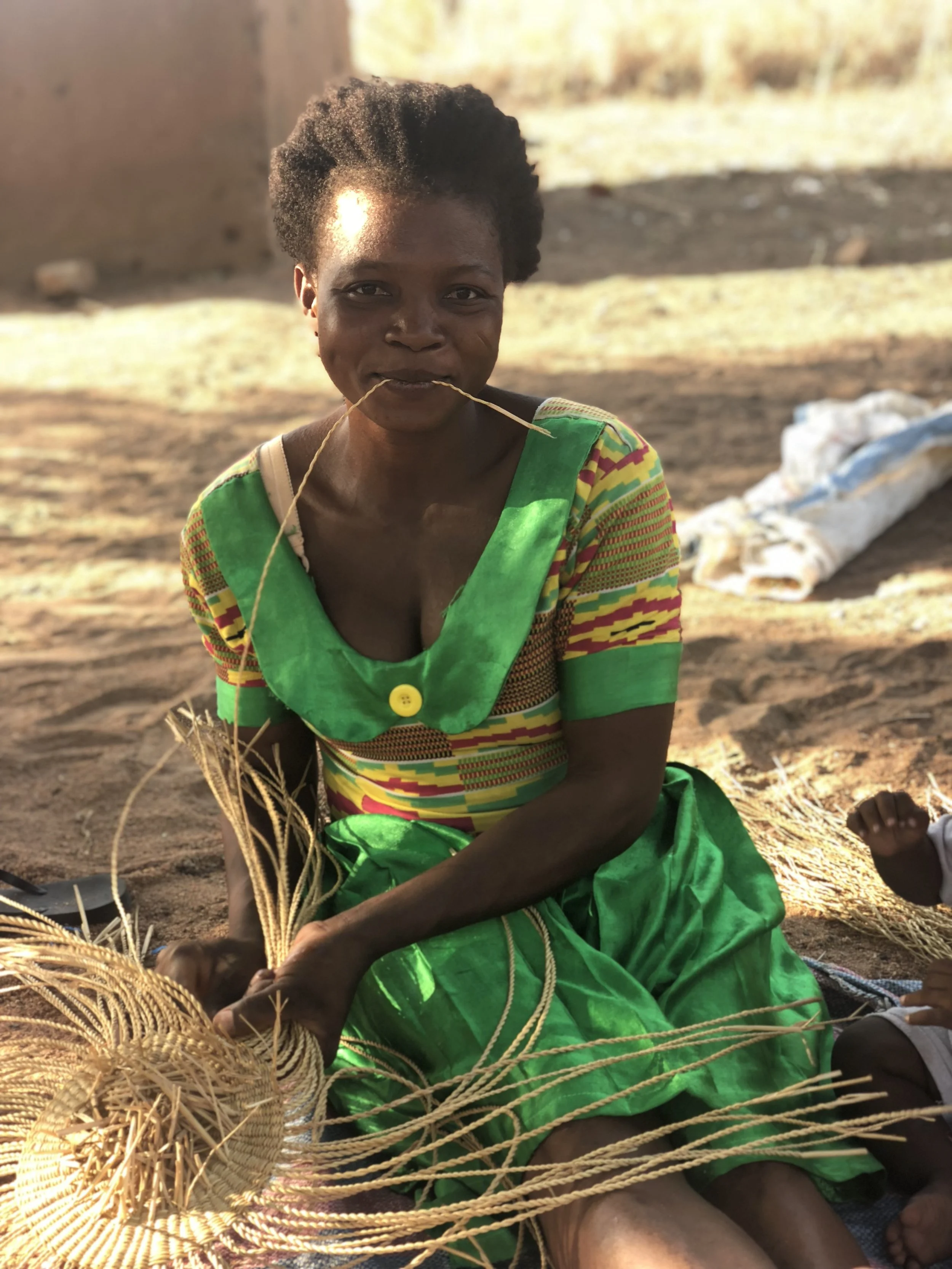
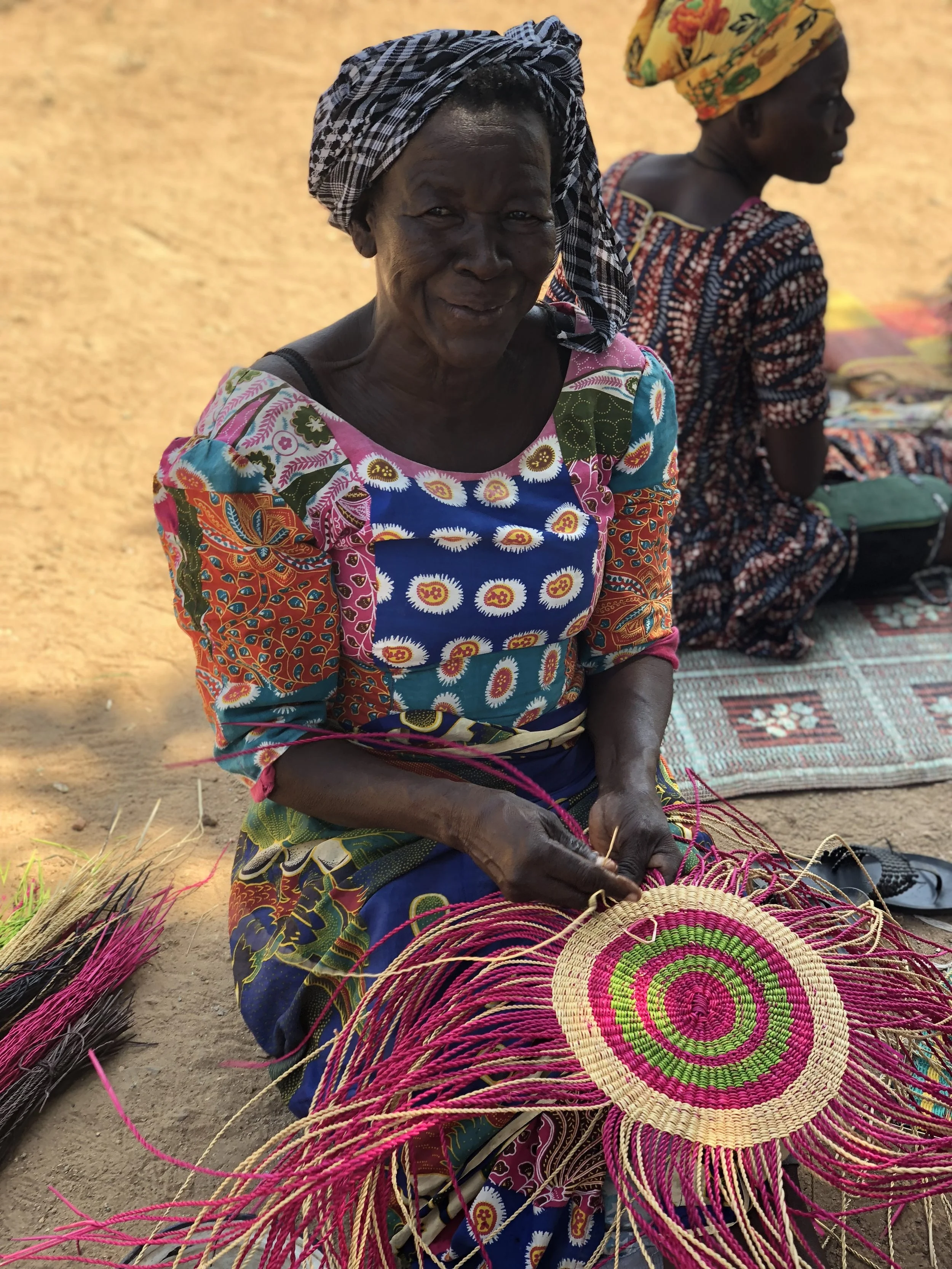
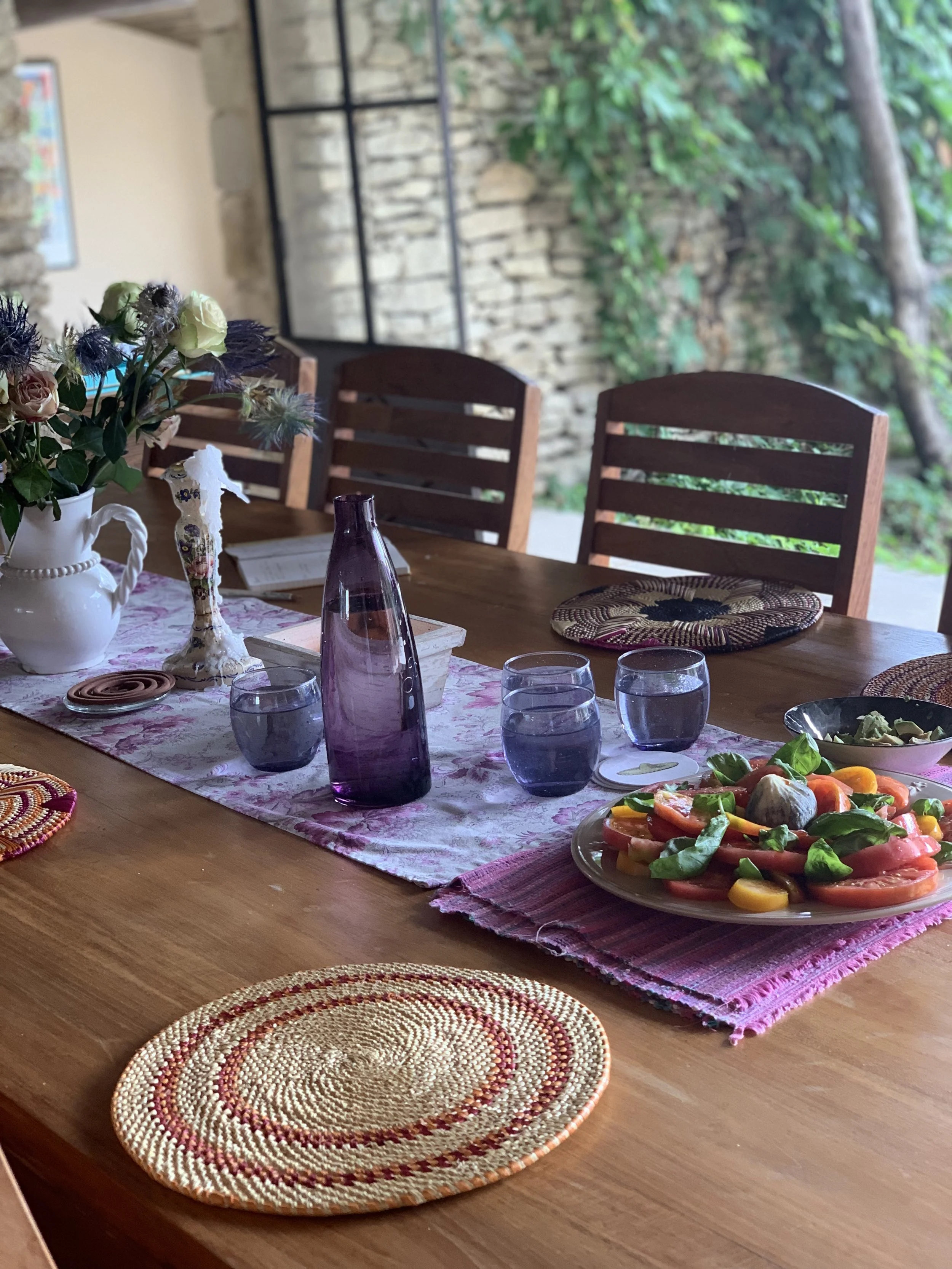
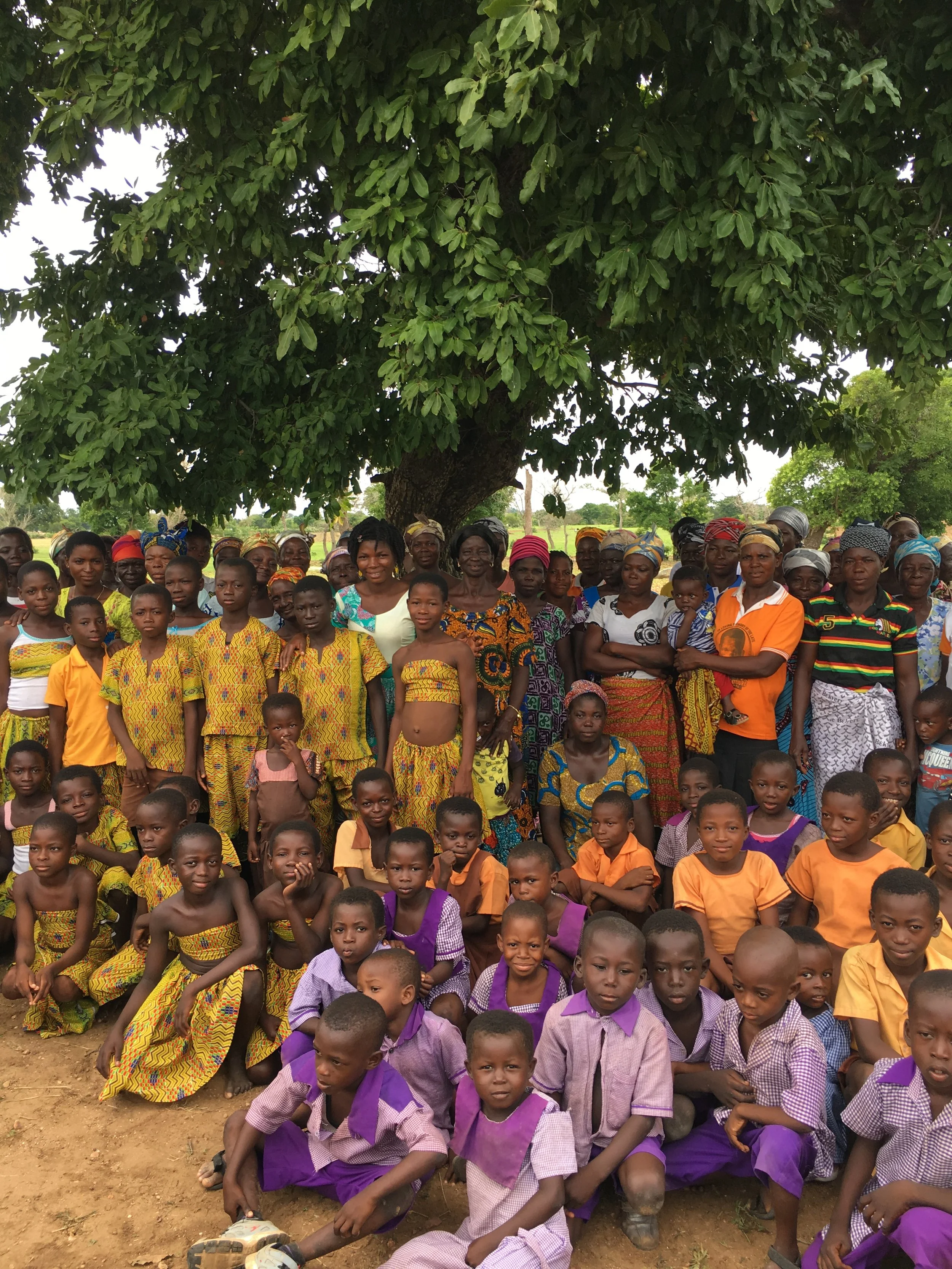
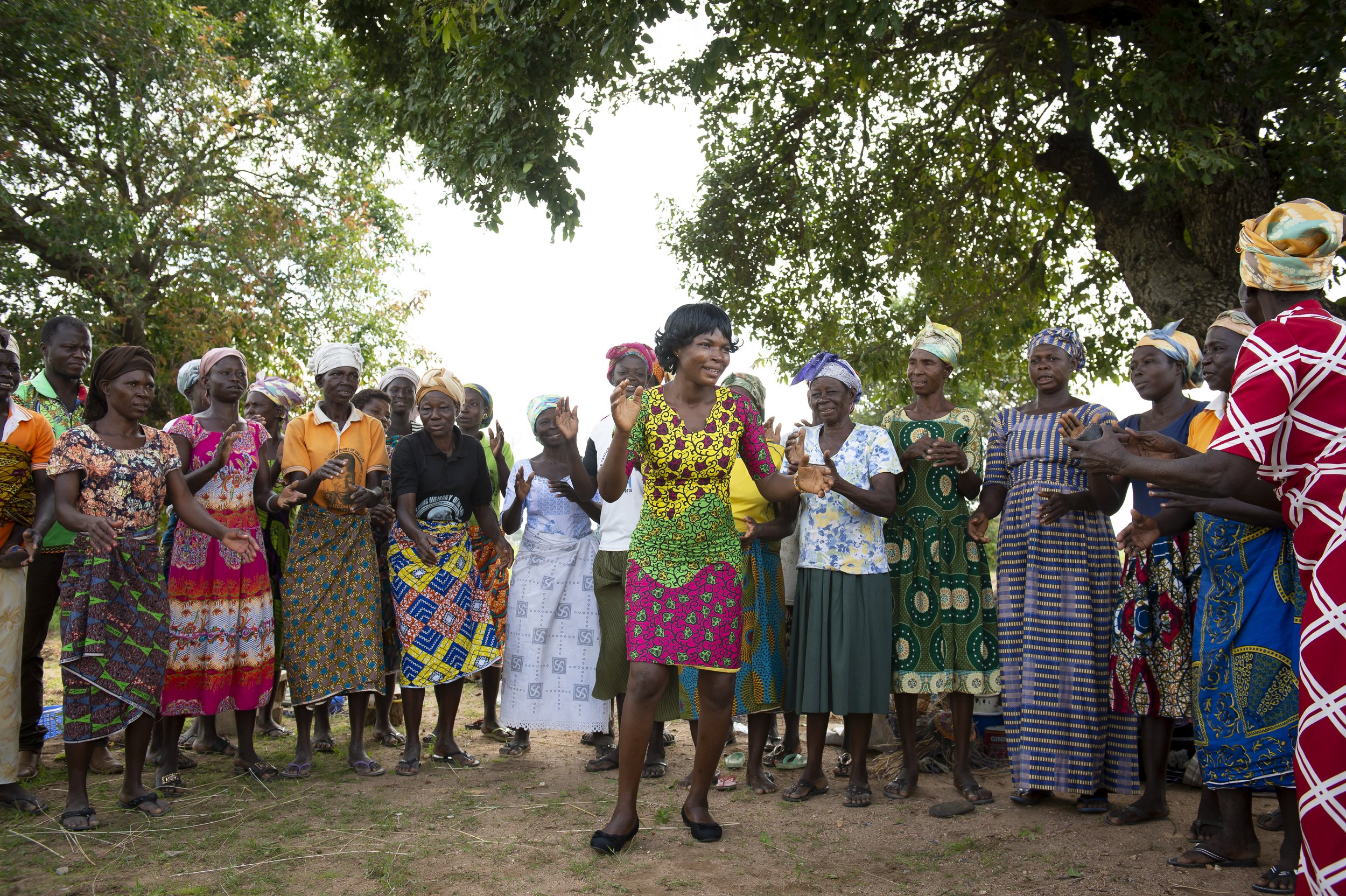
How is MMAA combatting these?
We are so incredibly fortunate to work with such a passionate and committed team in Ghana that come from the area and understand the challenges at their foundation. By addressing the historical challenge of exploitation of weavers by providing fair wages, it addresses the issues around education and hunger. The name Mmaa means mother in the local dialect because the weavers are predominantly mothers and even grandmothers themselves that have told us about how they weave so their children can be educated and they always have food on the table.
Rose, the leader of the Sumbrungu Collective, shared that “They (the weavers) eat from the baskets. Their child’s education comes from the baskets. Their clothes come from the baskets.”Fair pay for weaving truly changes their families and communities.It also allows them to weave from home so they no longer need to seek work away from their children.
Could you share some personal tips when it comes to ethical purchasing?
We encourage our customers to consider Mmaa baskets as an investment piece that should be worn for years. We are particularly proud of the robustness of our products and the fact that we do not have set collections – they are stylish baskets that are meant to never go out of style. It also helps to shop at stores that are truly committed to conscious curation including, of course, Thyme!
In addition, each basket comes with information on the Collectives and the impact that they are having. Through the basket sales and social media, we hope to raise awareness of the importance of investing in quality, long term purchases and bolster awareness of period poverty.
What next for MMAA?
We have an exciting vision to consolidate and expand the social impact that Mmaa has in Ghana and beyond. Covid was an incredibly challenging period sadly with many orders being cancelled across the fashion industry. We held firm and increased our ordera with an amazing response from our community in the UK and beyond. In fact, during 2020/2021, the Collectives added over 100 women. We are fiercely committed to growing the business to align with the increasing number of women and communities reached.
While our first commitment is to ensuring the growth of Ghanaian baskets whilst maintaining our brand integrity, we are also considering expanding to include another Collective. However, we will only due so when we are confident of the ability to have the same social impact and beautiful products!

